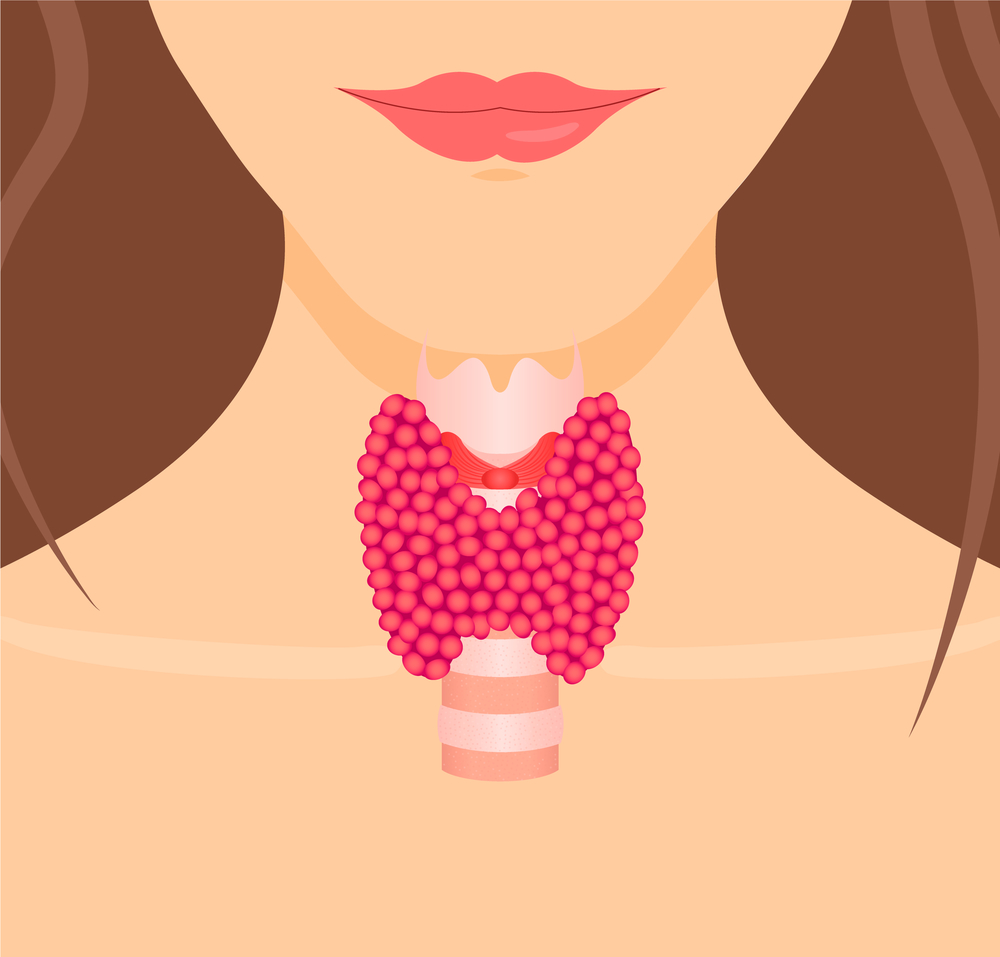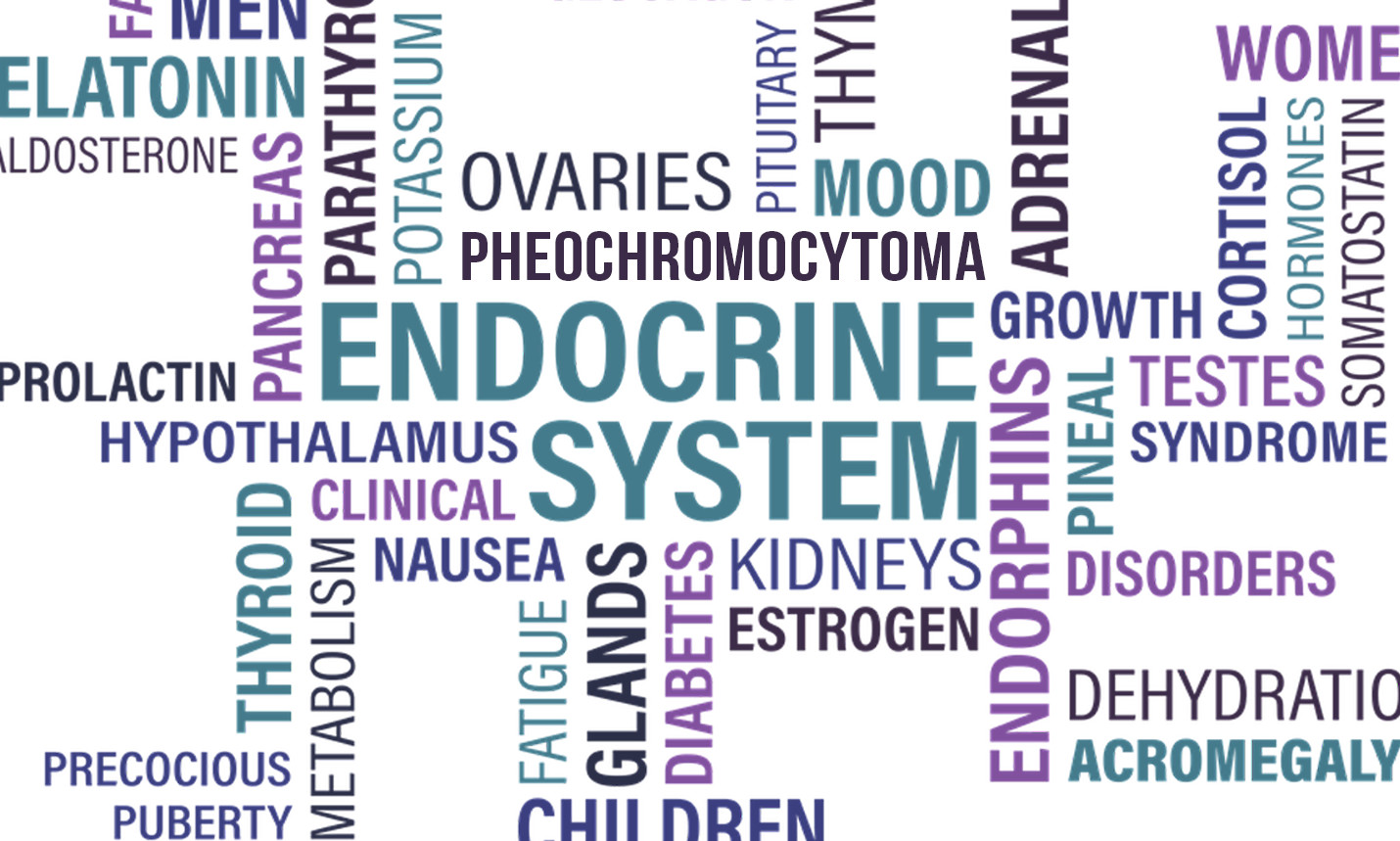Puberty is that time period of life when a child’s body brings some changes to become sexually mature. In boys, it happens usually between 12-16 of age and in girls around 10 to 14 years of age but puberty is…
Category: Endocrinology
15
Jun








